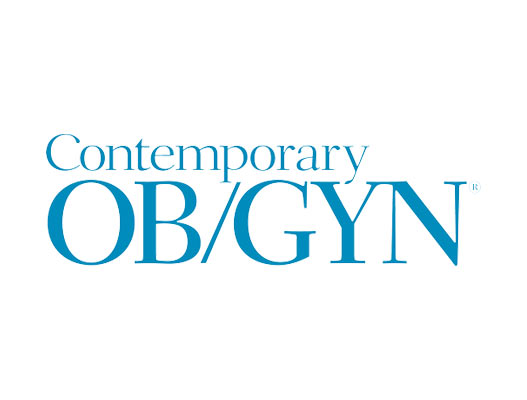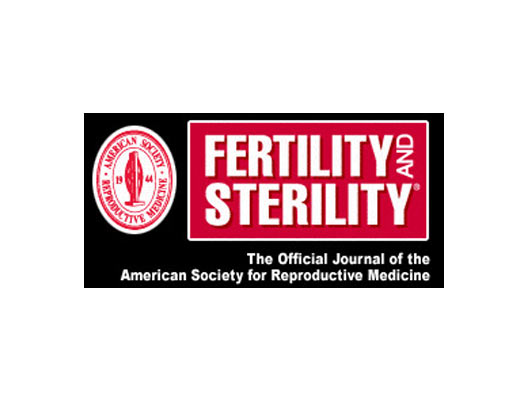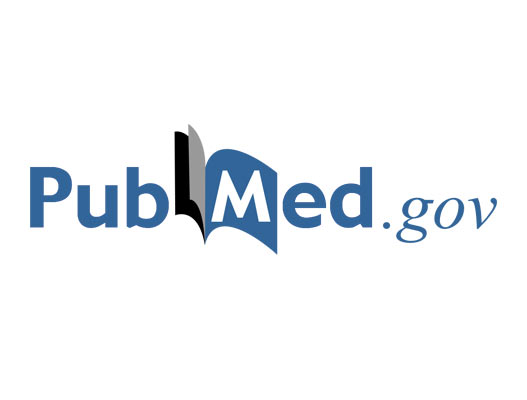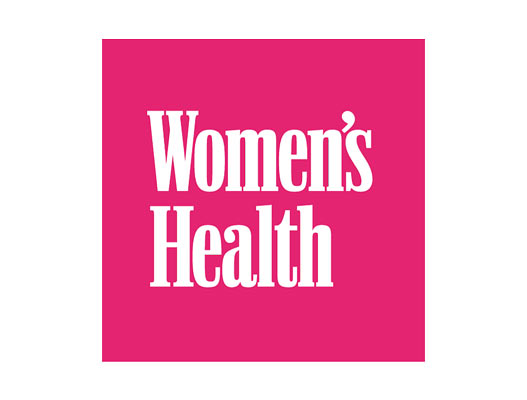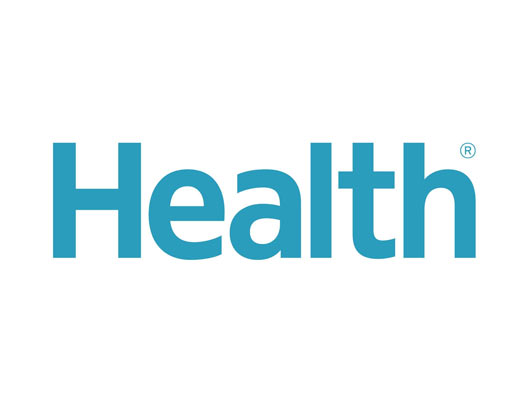
Experiencing a miscarriage can be a deeply emotional and challenging event for couples aspiring to become parents. Clear Passage ® Physical Therapy provides a unique and effective approach to help couples conceive successfully after this happens. This (very long😊) blog post explores various aspects of a miscarriage and demonstrates how Clear Passage’s® therapy can be a pivotal part of your journey if you are having difficulties conceiving after this happens.
Chemical Pregnancy Miscarriage
Terminology
Chemical Miscarriage Meaning
A chemical pregnancy is a very early miscarriage that happens within the first five weeks of pregnancy. An embryo forms and may even embed in your uterus lining (implantation), but then it stops developing. Chemical pregnancies occur so early that many people who miscarry don’t realize it.
Delayed Miscarriage
This is where the embryo stops developing but is not immediately expelled, which can be particularly traumatic. Women may not experience any noticeable symptoms, often learning about the miscarriage during a routine ultrasound.
Miscarriage Bleeding
Bleeding is a distressing symptom, varying from light spotting to heavy bleeding. It’s a physical sign that the body is expelling the pregnancy tissue.
Most Common Time to Miscarry
Most of these occur in the first trimester, with the most common week to miscarry between the 6th and 12th weeks.
Ways to Have a Miscarriage
Understanding how these can happen is key to prevention. Factors include chromosomal abnormalities, lifestyle choices, and physical health issues. Clear Passage®’s therapy addresses the physical aspect, particularly focusing on decreasing abdominal adhesions, improving pelvic health, and regulating hormones which can be a significant factor in preventing miscarriages.
Miscarriage Symptoms
How Soon After Miscarriage Do Pregnancy Symptoms Disappear
Pregnancy symptoms like nausea and breast tenderness usually disappear within days, but hormonal changes may take longer (1-3 months) to stabilize.
Causes of Miscarriage
Reason for Miscarriage
These can be caused by various factors, including chromosomal abnormalities, hormonal imbalances, and physical issues. Stress can cause miscarriage also. While it’s difficult to pinpoint stress as a direct cause, it’s known that extreme stress can negatively impact pregnancy.
Clear Passage®’s therapy targets the physical aspects, improving pelvic health and functionality, which can mitigate some of the common physical causes of a miscarriage such as abdominal adhesions and hormones. Additionally, Clear Passage®’s therapy includes stress-reduction techniques and holistic approaches that can create a more conducive environment for a healthy pregnancy
PCOS and Miscarriage
Polycystic Ovary Syndrome (PCOS) can increase the risk of miscarriage due to hormonal imbalances. Clear Passage®’s therapy includes techniques to improve hormonal regulation, adhesions around the ovaries, and ovarian function, offering hope for women with PCOS to achieve a successful pregnancy.
Endometriosis and Miscarriage
Endometriosis is a known risk factor for miscarriage, affecting the uterus’s ability to maintain a pregnancy. Clear Passage®’s therapy focuses on alleviating the effects of adhesions caused by endometriosis and balancing hormones, enhancing the chances of carrying a pregnancy to term.
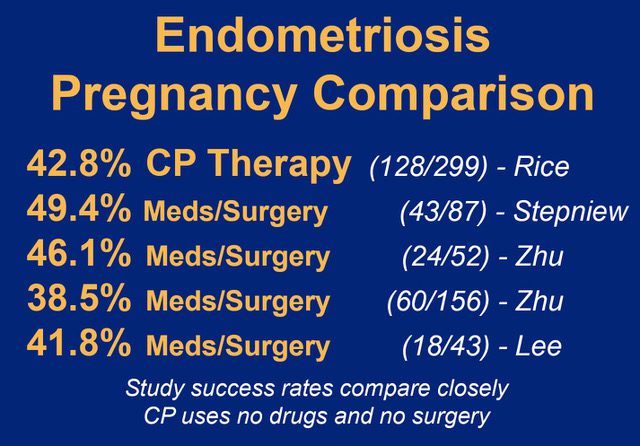
Questions about Miscarriages
How Long Can You Carry a Blighted Ovum?
A blighted ovum, where a fertilized egg implants in the uterus but doesn’t develop into an embryo, is typically miscarried naturally in the first trimester.
What Happens After a Miscarriage?
Women may experience both physical and emotional recovery processes. In most cases, a woman’s body finds equilibrium and there are no issues. Occasionally, a woman may have problems getting pregnant again after a miscarriage for no reason. Clear Passage®’s therapy aids in this recovery, offering physical treatments to restore reproductive health and emotional support to cope with the loss.
Chances of Miscarriage After Heartbeat
Once a heartbeat is detected, the risk of a miscarriage significantly decreases.
How Long After a Miscarriage Do You Get Your Period?
No period after miscarriage. Could I be pregnant?
Most women will have their first period 4-6 weeks after a miscarriage. Clear Passage®’s therapy can help regulate the menstrual cycle post-miscarriage, aiding in the body’s return to a pre-pregnancy state.
How Long Does the Pain from a Miscarriage Last?
Physical discomfort typically lasts a few days to a week, varying with the pregnancy duration and individual factors. If pain lasts longer than seven days, consult your healthcare provider.
After a Miscarriage Will the Pregnancy Test Be Positive?
Pregnancy tests may remain positive for a few weeks post-miscarriage due to residual pregnancy hormones.
Is It Harder to Conceive After a Miscarriage?
For couples attempting to conceive this can be a tragic setback. Fertility can actually be higher post-miscarriage, but this varies between individuals. A minority of couples may find it difficult to conceive again. For those still having trouble getting pregnant, Clear Passage® has excellent results with unexplained infertility. Read the electronic version of the book Remarkable Natural Fertility Success (FREE).

Problems After a Miscarriage
Period After Miscarriage
The first period after this happens may be heavier and more painful but should normalize over subsequent cycles.
Infection After Miscarriage
Infection are rare but still is a risk if tissue remains in the uterus post-miscarriage, necessitating medical attention. Contact your medical doctor if you notice a foul order, experience persistent nausea, or spike a temperature.
Hormones After Miscarriage
Hormonal imbalances post-miscarriage can affect mood, body, and menstrual cycles. Clear Passage®’s therapy focuses on hormonal regulation, aiding in restoring balance and promoting overall well-being post-miscarriage to those who have a difficult time returning to homeostasis.
Treatment After Miscarriage
Treatment may include medical intervention, talk therapy, and physical therapy to support reproductive health. For those couples who are finding it hard to conceive after a miscarriage, Clear Passage®’s therapy provides a comprehensive approach, addressing both physical and emotional aspects of post-miscarriage recovery. Their therapy is an intensive 5-day, 20-hour program designed to address abdominopelvic adhesions, organ mobility, hormone regulation, and teaching stress reduction techniques when appropriate.
What do I do after a Miscarriage?
Care After a Miscarriage
Physical and emotional self-care are crucial after this happens. Do not overdue and consider decreasing stress on your body. There are many physical and emotional changes occurring immediately following a miscarriage and the systems need time to heal and regulate.
Depression After Miscarriage
Depression is common post-miscarriage. Take care of yourself, you are not alone. As hormones regulate, depression fades. If depression persists, contact a healthcare professional. Most importantly, realize there is no one to blame and depression is a neurochemical issue. Talking to someone; be it family, clergy, friends, or counselor, is very important.
Pregnancy Following a Miscarriage
After a Miscarriage Can You Get Pregnant?
It is possible to conceive after a miscarriage, and for many women, it happens within a few months. For a minority of women, conception after pregnancy is harder and many times there is no specific reason. Clear Passage® has helped women with unexplained infertility conceive after miscarriages. These women who struggled to conceive have been to fertility specialists and alternative medicine doctors and only got pregnant after treatment with Clear Passage®.
How Long Can You Try Again After a Miscarriage? * Why Wait 3 Months After Miscarriage?
The time frame for trying again varies, but many doctors recommend waiting a few months. Waiting three months is often advised to allow the body to heal and the menstrual cycle to normalize and waiting a few months helps hormones to regulate.
How Soon You Can Get Pregnant After Miscarriage?
The possibility of getting pregnant soon after a miscarriage exists, but it’s important to ensure that the body is fully recovered. So be easy on yourself, wait a few months, and let nature heal you.
Successful Pregnancy Immediately After Miscarriage?
The road to conception can be fraught with challenges. Most women can become pregnant after this happens fairly easily. Only a small number of women have issues getting pregnant after a miscarriage, but there is help out there. With the right support and guidance, achieving a successful pregnancy is possible. The possibility of a successful pregnancy immediately following a miscarriage is a ray of hope for many couples. It’s important to understand that each woman’s body is unique, and so is her recovery process.
For those who are experiencing months of attempting to conceive with no luck, Clear Passage® Physical Therapy focuses on individualized treatment plans that not only address the physical aspects of recovery but also the emotional well-being of each patient. Their holistic, whole-body, all-natural approach ensures that the body is in the best possible condition to conceive and carry a pregnancy to term.
The therapy offered by Clear Passage® is comprehensive, focusing on decreasing adhesions, improving pelvic health, and hormone regulation, all of which are crucial for a healthy pregnancy. By using all-natural, non-invasive techniques, they aim to enhance blood flow and reduce any adhesions that might impede conception and pregnancy. Their success rates, as seen in these published studies, speak volumes, giving hope to those who wish to conceive after a miscarriage.
How to Calculate Pregnancy After Miscarriage Without Period?
Calculating pregnancy after a miscarriage without a period can be challenging. Typically, ovulation can occur as soon as two weeks, meaning conception can happen even before the next menstrual cycle begins.
How Long After a Miscarriage Will You Ovulate?
Ovulation can resume quite quickly, typically within two to four weeks. However, this timeline can vary greatly among women.
Are You Extra Fertile After a Miscarriage?
There is a common belief that women may be more fertile following a miscarriage. While this can be true for some, it’s important to note that fertility depends on various factors, including age, health, and the nature of the miscarriage. There is no clear data on this.
Conclusion
Pregnancy after miscarriage is usually not an issue. Make sure to let the body and mind heal before attempting again. Occasionally, women may have a hard time conceiving after a miscarriage. That is the time to start looking for outside help.
Clear Passage®’s approach includes all-natural, hands-on techniques to reduce abdominal adhesions, enhance pelvic alignment, increase abdominopelvic organ mobility, regulate hormones, and increase blood flow which are essential for fertility. Moreover, the therapy also addresses any underlying conditions that might affect fertility, ensuring a comprehensive approach to increasing the chances of conception after a miscarriage. Clear Passage® Physical Therapy is the “Gold Standard” of care for those looking to conceive after a miscarriage. Their personalized care, combined with their 30 years of expertise in reproductive health, make them an invaluable partner in the journey toward successful pregnancy. They have had over 1,000 babies born with their technique.
The safety and effectiveness of the therapy are supported by peer-reviewed citations and studies authored by respected physicians. Therapy is available in several U.S. cities and England, and treatment is generally performed over five days, with two hours of hands-on therapy each morning and afternoon. Treatment is all natural; no drugs or surgery are used. Applicants must first complete a Medical History Form available on their website. Clear Passage® reviews each form at no charge to determine appropriateness and likely success rates for every applicant. For more information, call 1-352-336-1433, email info@clearpassage.com, or visit ClearPassage.com.



